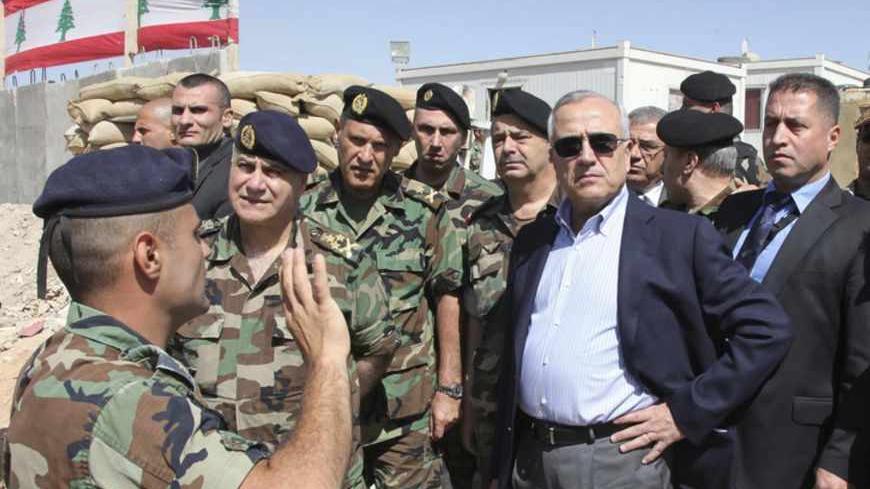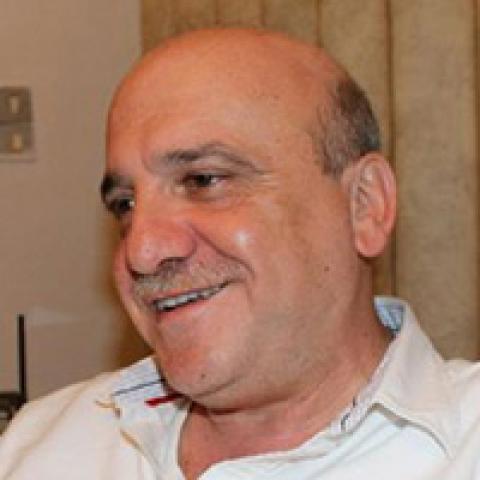Killings have been ongoing for a while now between Lebanese Shiite clans and the Sunni inhabitants of the town of Arsal. These events forebode an increase in sectarian violence between Sunnis and Shiites in broader Lebanon. Moreover, it has become obvious that the higher frequency of these events has coincided on the one hand with Hezbollah’s deepening involvement in the Syrian war and on the other with the consolidation of the relationship between Lebanese Salafist forces and their Syrian counterparts.
The current manifestations of these tensions are concentrated along the Lebanese-Syrian border, which is inhabited by Shiite as well as Sunni groups. While Arsal and its vast barren mountains are considered a stronghold of Lebanese Sunnis allied with Syrian opposition groups, the cities of Hermel and Baalbek are known to be strongholds of Hezbollah, now taking part in the Syrian war alongside the regime forces of President Bashar al-Assad.



